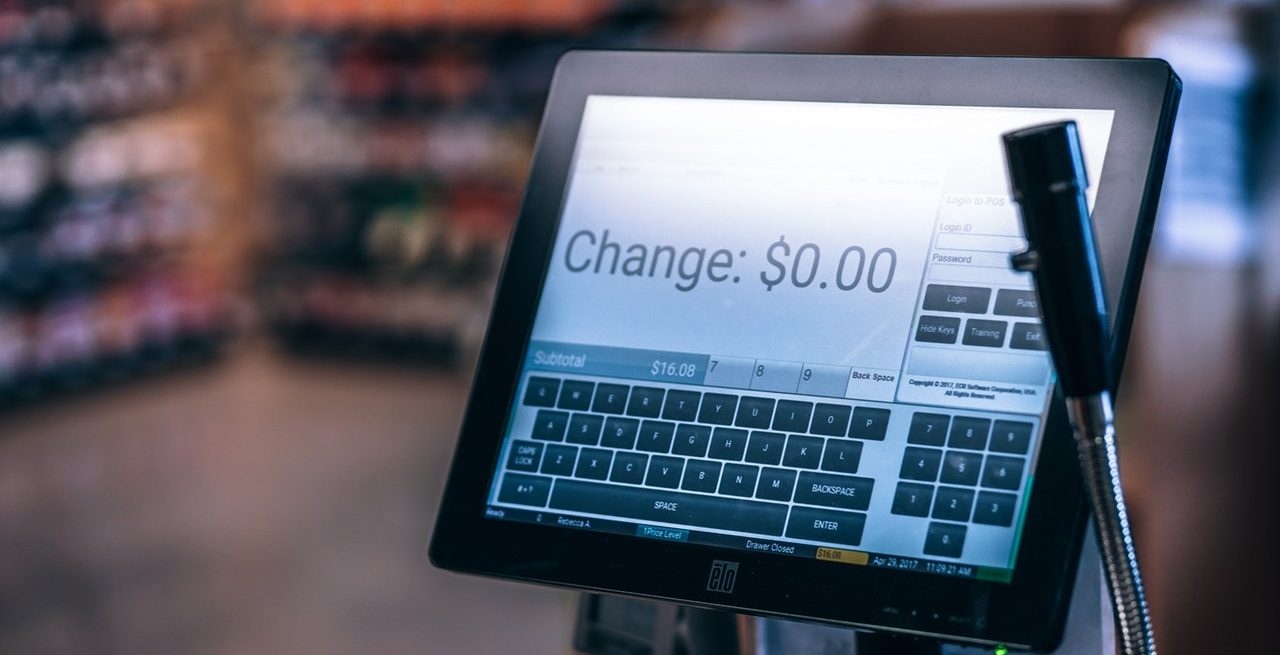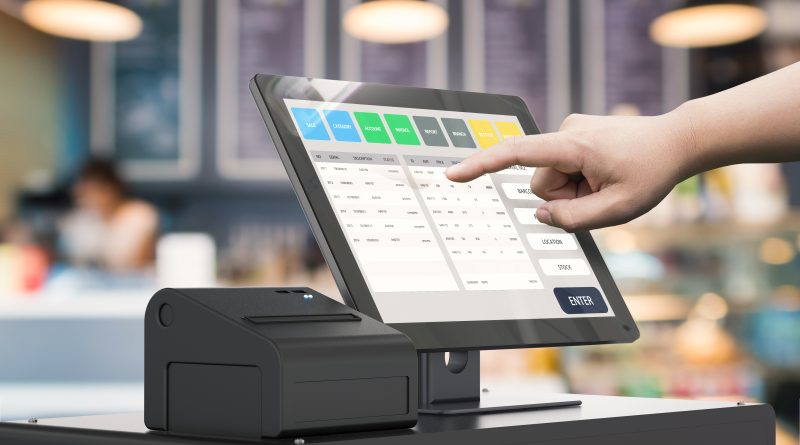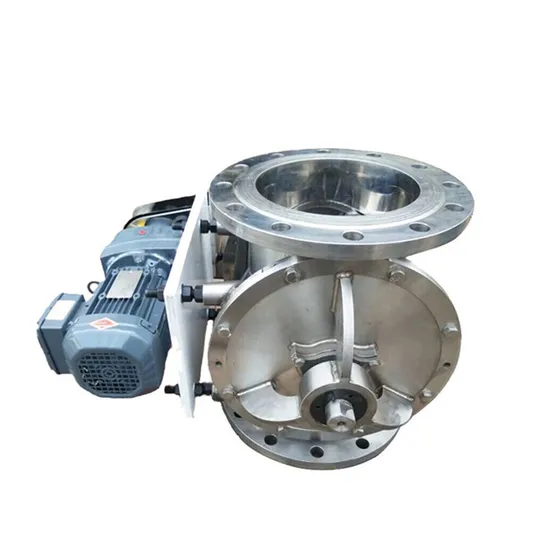
If you run a retail business, you’ve probably heard people rave about POS (Point of Sale) systems. They’re supposed to simplify your life, speed up transactions, manage inventory, and give you a ton of useful data about your business. Sounds like a dream, right? But if you’re anything like many small business owners, you might be wondering: Are they really worth the cost, or is this just another overhyped tech trend?
It’s a fair question. After all, businesses have managed without advanced POS systems for years. So, are they truly making retail easier, or are we getting sold on promises that don’t quite deliver?
What Exactly Does a POS System Do?
Before we start breaking down whether POS systems live up to the buzz, let’s clarify what they actually do.
At its core, a POS system combines hardware (like a tablet or cash register) and software to manage your sales. But modern POS systems go far beyond just processing payments. They can:
- Track inventory in real-time – Know what’s in stock, what’s selling fast, and when you need to reorder.
- Speed up checkouts – A smooth, quick process keeps customers happy and lines moving.
- Generate reports – See which products are your top performers and how your business is doing overall.
- Manage customer data – Loyalty programs, promotions, and personalised service are all easier to handle.
Basically, a POS system is like your retail operations’ command centre—helping you run things efficiently while giving you valuable insights.
Are They Really Making Things Easier?
Here’s where things get interesting. Retailers who’ve made the switch to modern POS systems often report significant improvements. Why? Because POS systems tackle some of the biggest pain points in retail.
1. They Save You Time (And Who Doesn’t Need More of That?)
Manually tracking sales, updating inventory, or crunching numbers at the end of a long day is exhausting—and prone to errors. A good POS system automates all of that.
For example, as soon as a customer makes a purchase, the system updates your inventory. You don’t need to do a manual stock check or figure out if you’re running low on key products. Everything is tracked in real-time, so you can focus on more important tasks.
Plus, generating reports on sales trends or expenses takes minutes, not hours. Instead of wrestling with spreadsheets, you get clear, reliable insights instantly.
2. They Make Customers Happier
People like waiting in a fast checkout line. And let’s be real—if the process is clunky, customers will notice. Modern POS systems speed up transactions by allowing quick payments (whether it’s a card, mobile wallet, or cash), so your line moves faster.
Some systems even let you set up self-checkouts or mobile POS devices, so staff can help customers complete purchases anywhere in the store. That’s a game-changer for busy retail environments.
Bonus: Pos systems help you manage loyalty programs and promotions easily. You can offer discounts, track reward points, and keep customers coming back—all without fumbling through paperwork or manual calculations.
3. They Give You Visibility Over Your Business
Ever had stock unexpectedly run out right when customers are asking for it? Or have you discovered you’ve over-ordered items that just sit on shelves collecting dust?
A POS system helps you stay on top of inventory with real-time updates and alerts. You’ll know exactly what’s selling well and what’s not moving. That kind of visibility makes it easier to manage stock, avoid costly mistakes, and plan smarter.
For example, if the system shows you that a certain product always spikes in demand during weekends, you can stock up in advance. It’s like having an extra pair of eyes on your business, constantly keeping track of the details.

But What About the Downsides?
Let’s not sugarcoat it—POS systems aren’t perfect for everyone. There are a few challenges you need to consider:
- The Initial Cost – While some systems are affordable, others can be pricey, especially when you factor in hardware, subscriptions, and upgrades.
- The Learning Curve – If you or your staff aren’t tech-savvy, it can take some time to get used to a new system.
- Internet Dependence – Cloud-based POS systems rely on a stable internet connection. If the Wi-Fi drops, it can disrupt your checkout process.
However, most retailers find that the benefits far outweigh these hurdles. Many systems now offer user-friendly interfaces, affordable pricing tiers, and offline capabilities for emergencies.
Is It Just Hype, or Is It Worth It?
Here’s the bottom line: If you’re running a small retail shop with minimal inventory and a simple sales setup, you might feel like you don’t need a fancy POS system. But as your business grows—or even if you just want to save time and reduce stress—a POS system can make a huge difference.
It’s not about buying into hype; it’s about choosing tools that make your life easier and your business stronger. POS systems streamline operations, give you better data, and improve customer satisfaction. That’s not just tech jargon—it’s something retailers are seeing in real life every day.
Final Thoughts
At the end of the day, POS systems are more than just a flashy tech upgrade. For many businesses, they’re a practical solution to common retail headaches: slow checkouts, messy inventory, and unreliable reporting.
If you’re tired of dealing with those challenges manually, investing in a POS system could be the game-changer your business needs. It’s about working smarter, not harder—and who doesn’t want that?
So, are POS systems making retail easier? For most businesses, the answer is a resounding yes. The hype exists for a reason—it’s because these systems really do work.
The question is, are you ready to take the leap and see what they can do for your business?





